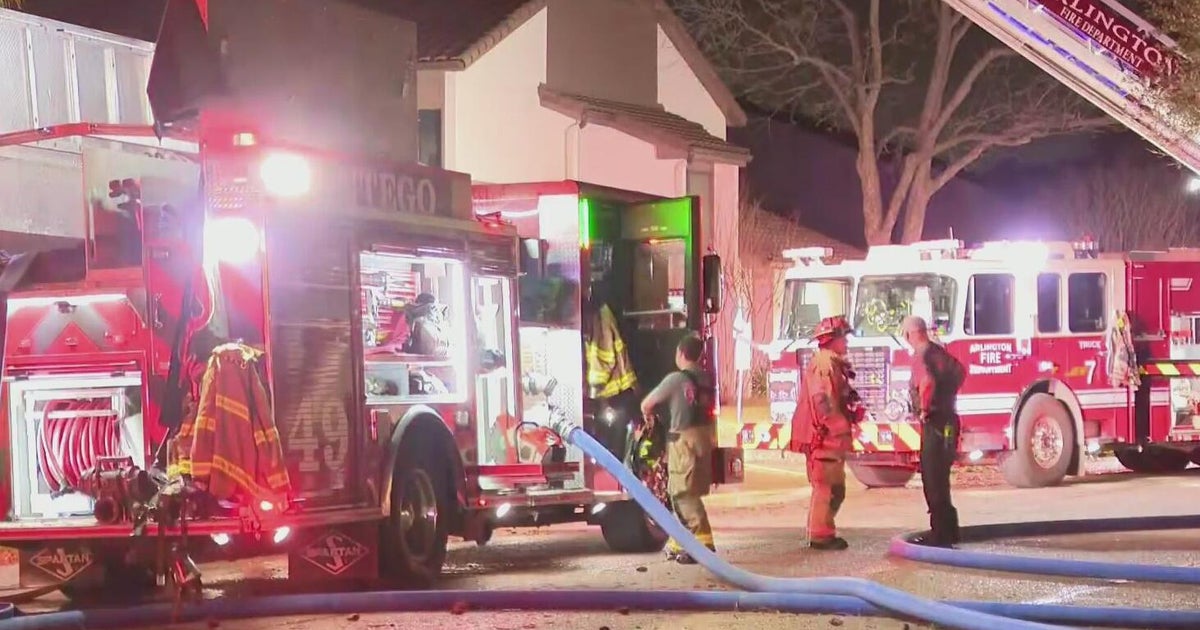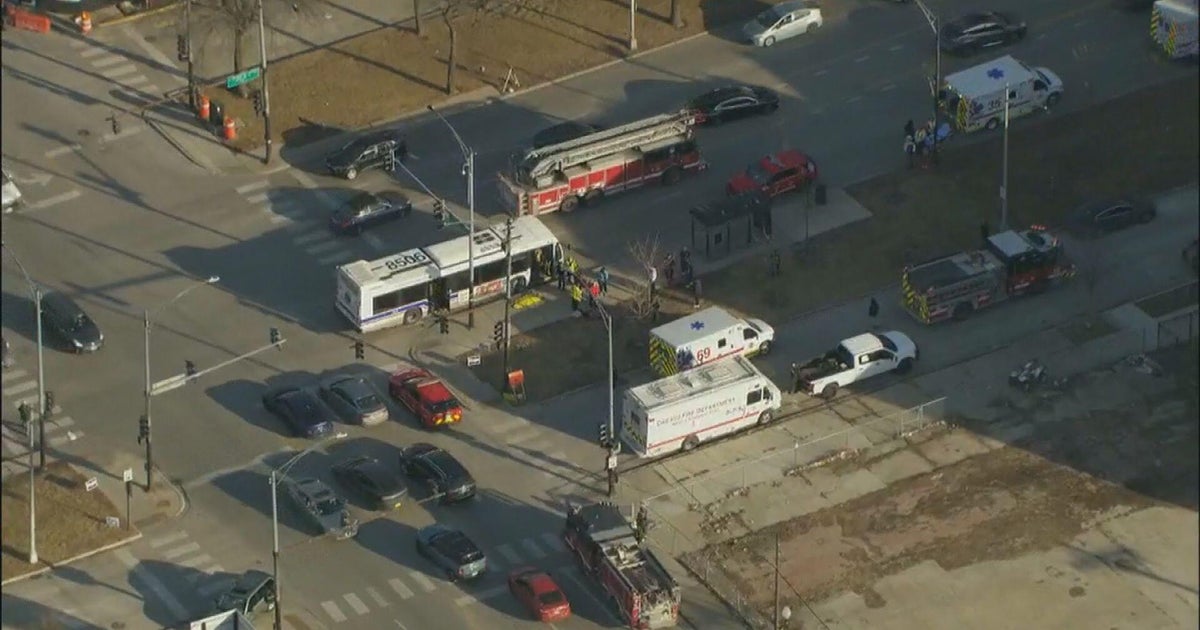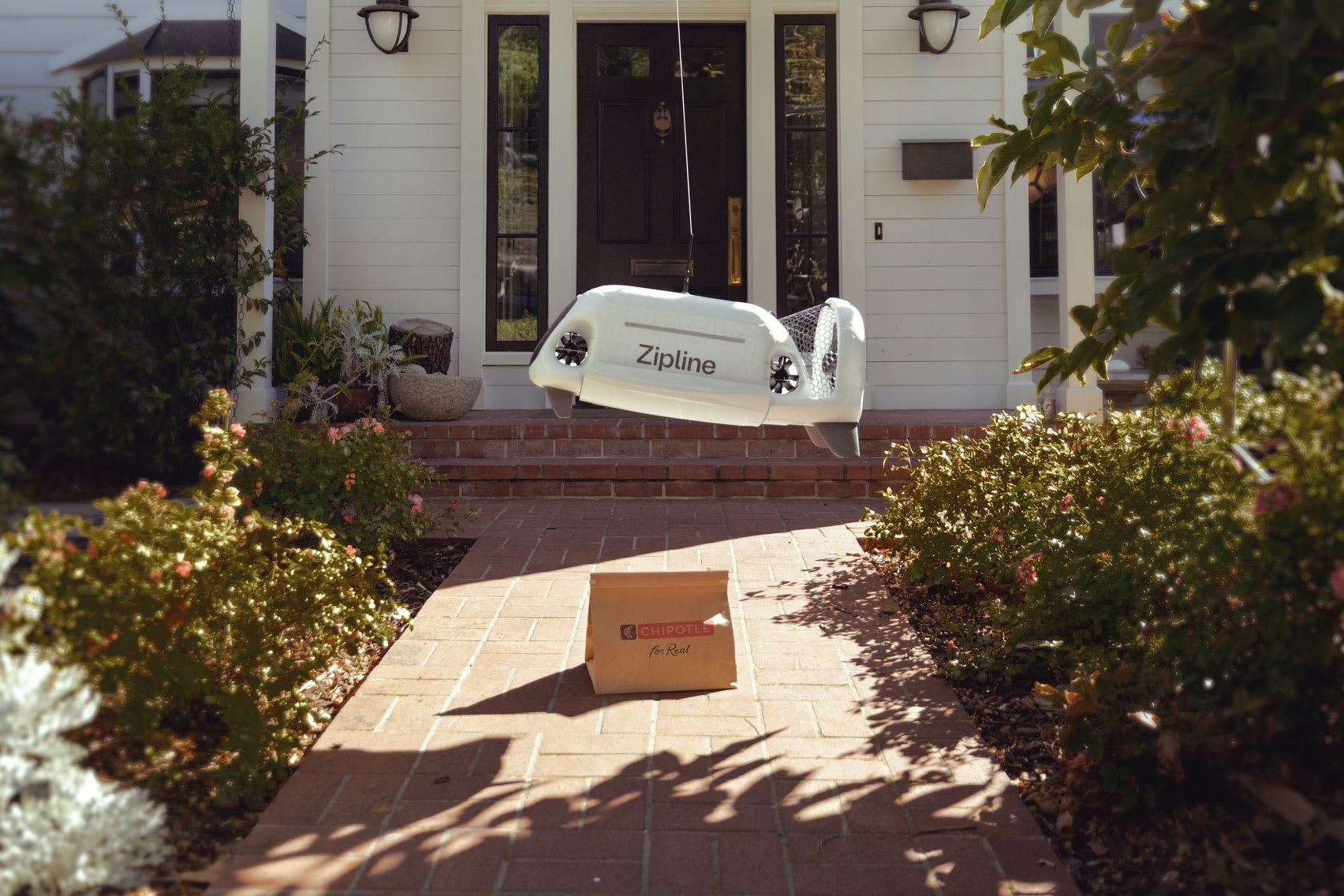How drones are playing a vital role in disaster scenarios
Drones are becoming a vital tool for law enforcement and other first responders. At least two dozen local and state agencies are training on how to use drones and new technology in a worst-case scenario -- and "CBS This Morning" got a behind the scenes look at a massive disaster response drill in Colorado where they're training.
There aren't too many places you can crash and burn a real train. But at this federal facility 130 miles south of Denver, they're re-creating crashes for drone training.
As more police and fire departments turn to drones, the first responders on the scene arrive by air. "The more we can use this to do the work rather than send a first responder into harm's way, we're all about that," said Matt Sloane, CEO of Skyfire Consulting. Skyfire trains hundreds of emergency personnel on how to use drones in disasters.
"This is the best tool that we've gotten since the fire hose," Sloane told CBS News correspondent Omar Villafranca. "Instead of getting out, putting your life in danger, walking behind a house, you can put the drone up in the air in 30 seconds, you can see what's going on."
One type of drone has a protective carbon fiber sphere, which gives it the ability to fly into tight spaces and even bounce off walls. Last month, the New York City Fire Department used one in a Manhattan subway tunnel for a mass casualty exercise. And in April, while Notre Dame was burning, Paris' fire department used their drone to peer inside the cathedral and look for hotspots.
A regular drone camera can't see through flames or smoke in a fire disaster. But some first responders are using drones with thermal cameras to find hotspots and potential victims.
Emergency crews from California to Georgia traveled to this yearly training exercise, including Jason Ritter, who's with Georgia's Emergency Management Agency. His drones flew over this year's Super Bowl in Atlanta.
"You have SWAT team who drills. You have fire departments who drill. How important is it for you to drill with drones, to keep that skill sharp?" Villafranca asked.
"It's very important," Ritter responded. "And because of that, we practice and train monthly with our aircraft."
What first responders learn here, they can take back to their communities. The information will help them respond not only to accidents, but also to hurricanes or other natural disasters.
Drone technology continues to evolve, and Sloane says each new advancement could save the lives of both first responders and citizens. He predicts we'll soon see drones equipped with gas detection sensors and radiation detectors.
"We're really just scratching the surface here," he said.



